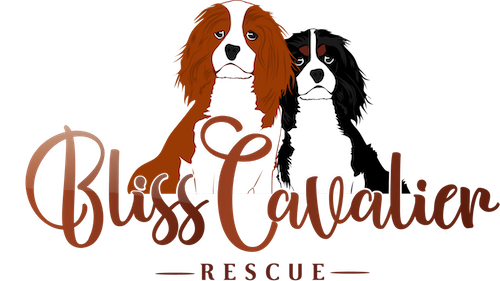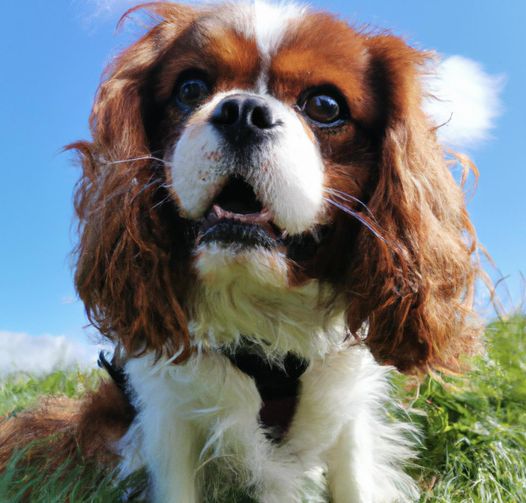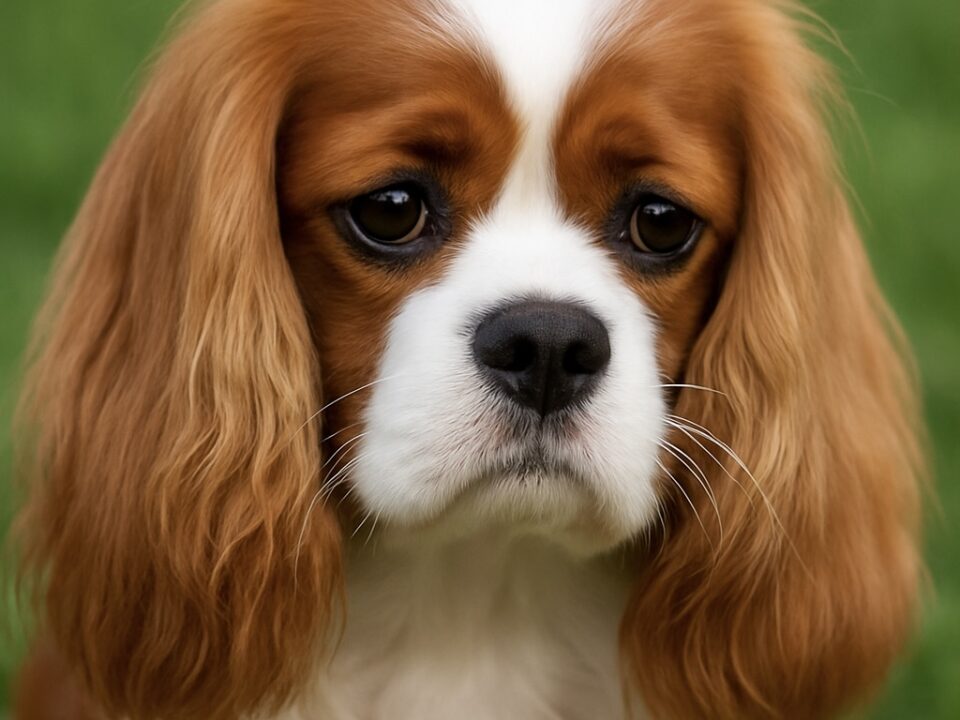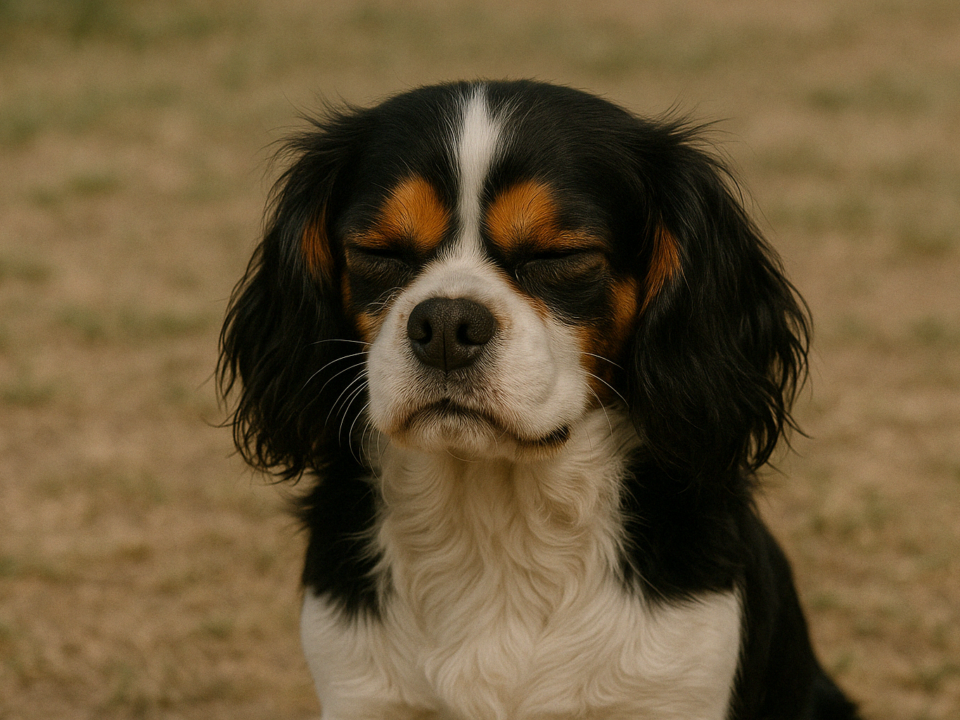Let’s take a gentle, loving approach to tackling a silent crisis that’s affecting our precious four-legged friends – pet obesity.
Over recent years, pet obesity in the United Kingdom has emerged as a concerning trend, threatening the health and well-being of our beloved animal companions. According to the latest
Pet Food Manufacturers Association (PFMA) reports, nearly half of all dogs and a third of cats in the UK are overweight or obese. This burgeoning epidemic is largely attributed to overfeeding, lack of exercise, and a general misunderstanding of pets’ nutritional needs.
Associated health risks
At Bliss Cavalier Rescue, we’re not about fat-shaming, but we cannot ignore this critical welfare issue that may be putting our Cavaliers’ health at risk.
Obesity in pets, much like in humans, can lead to a myriad of health issues. It puts unnecessary strain on their bodies, causing joint problems, adding pain to neurological diseases like syringomyelia, diabetes, and heart disease, and even shortening their lifespan. The health risks associated with obesity are concerning, but the impact on an animal’s quality of life is equally concerning. Obesity can significantly hamper a pet’s ability to engage in routine activities and contribute to lethargy and depression.
As pet owners, we often overflow with love for our pets, and this might translate into overfeeding. It’s a tough habit to break, but the reality is that excess weight can lead to a shortened life and suffering.
Tackling obesity in Cavaliers
Addressing this growing issue involves a concerted effort from pet owners, veterinarians, and pet food manufacturers. Owners need to understand the importance of maintaining their pets’ healthy weight and the consequences of neglecting it. Regular vet check-ups are crucial in assessing the pet’s weight, identifying obesity, and formulating an effective weight management plan.
Unwanted weight gain can sneak up on us, almost unnoticed. But remember, helping your Cavalier slim down is simpler than you think – after all, they aren’t the ones raiding the fridge late at night!
- Opting for low-fat, high-quality dog food.
- Calculate a meal allowance based on your Cavalier’s TARGET weight, not their current one, and split this into two meals a day.
- Weigh every meal to ensure accuracy.
- Limit treats throughout the day, and if you want to reward your pet, use a portion from their daily meal allowance.
One small bedtime treat won’t harm – after all, everyone deserves a little indulgence!
Where else can you turn for help?
Veterinary professionals play a vital role in educating pet owners about portion control, nutritional needs, and the importance of exercise. It’s not enough just to love our Cavaliers; we must ensure we’re loving them in ways that promote their health and longevity. With the guidance of vets, owners can implement balanced, portion-controlled diets and establish regular exercise routines for their Cavaliers.
Pet food manufacturers also share the responsibility of tackling pet obesity. They must be transparent about calorie content and feeding guidelines on their packaging to assist owners in making informed feeding decisions. This information, coupled with owner education about deciphering food labels, can significantly mitigate obesity.
The fight against pet obesity also requires research, enabling us to understand the roots of this issue better and devise practical, effective solutions. This is not a battle that will be won overnight. It requires persistent effort, ongoing education, and a commitment to the health of our pets.
Our Cavaliers bring joy, companionship, and love to our lives; it’s our responsibility to ensure they lead healthy, happy lives in return.
Let’s work together for the health and happiness of our Cavaliers!






